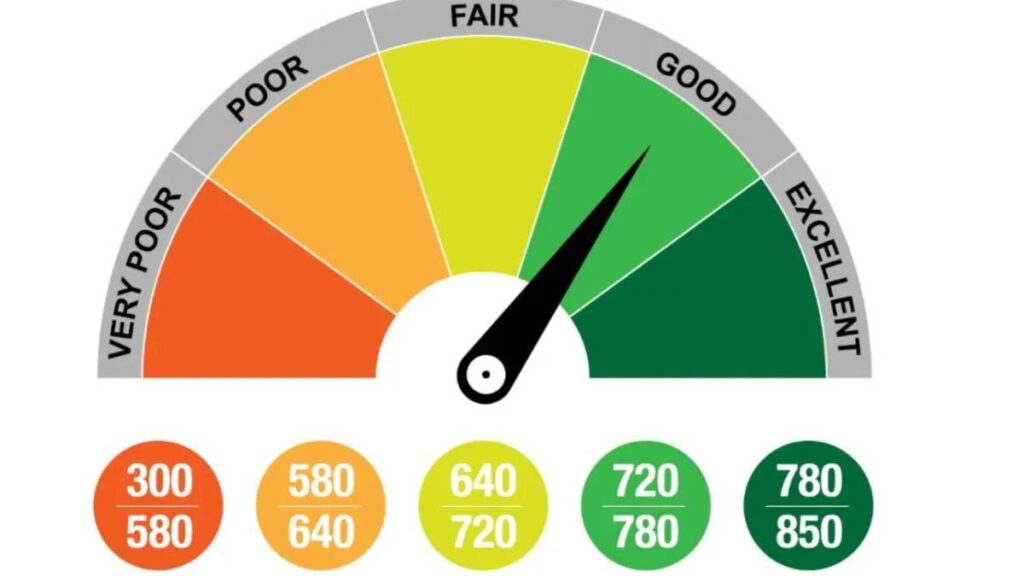
In a recent Fair Isaac Corporation (FICO) report, US citizens’ national credit score average has been pegged at 717. The report reveals that the national average credit score has been improving in the last ten years and has taken a potential hit in the past few months.
Recent economic realities and prevailing inflation have driven many people to rely more on credit card purchases. Unfortunately, these same people are finding it difficult to pay off their debts.
To give perspective to the FICO credit score figures, the scale is prolific with lenders and runs from 300 to 850. The higher the number, the better lenders are performing with loan servicing.
As of January 2023, the credit score average was 718, and it has indeed been climbing to that point for the past 10 years. However, it suddenly suffered a reverse, as the score dropped to 717. It may seem insignificant to the average assessor, but FICO has cited it as a notable milestone.
The drop in the national credit score average is significant because it is a first in the past ten years and may even be the beginning of further decline. Basically, it highlights the prevailing implications of the recent economic downturn.
During the housing bubble in 2013, the national credit score average rose to 686, thanks to the marked number of foreclosures in the US. Since then, it has increased steadily and was further aided by the various stimulus packages of the COVID-19 era. Likewise, historic records of household savings further took the figures to a record high in April 2023.
FICO found that the recent national credit score average drop is not far-fetched. The prices of merchandise and services are increasing indiscriminately. Most people’s income remains steady and does not increase commensurately with inflation. So, most Americans are taking the easiest way out, plunging deeper into debt, hoping the economy will ease off soon. Instead, more and more people are defaulting on their repayment deadlines.
In October, FICO reported that the number of individuals and families subsisting on credit cards went up from 33% in 2022 to 35%. Likewise, the number of credit card repayment defaulters increased from 16.5% to 18%.
During a statement by the vice president of scores and predictive analysis at FICO, Ethan Dornhelm, he explained some other likely causes of the fall in average credit scores. He said, “Another likely driver is that savings rates have trended back down to zero, and those savings cushions that many consumers had have disappeared.”
Current economic stressors are as bad as the COVID-19 era. Unfortunately, stimulus checks and government-sponsored mitigation programs that complemented the COVID-19 crisis are nowhere in sight.
With the biting state of the economy, it becomes even worse when your credit score is low. The higher your credit score, the higher the odds of getting approval for loan applications, and at relatively lower interest rates.
To improve your personal credit score, endeavor to pay bills on time. Your debt-to-total credit ratio, called the utilization rate, is equally important. Keeping this rate below 30% raises your credit score.
